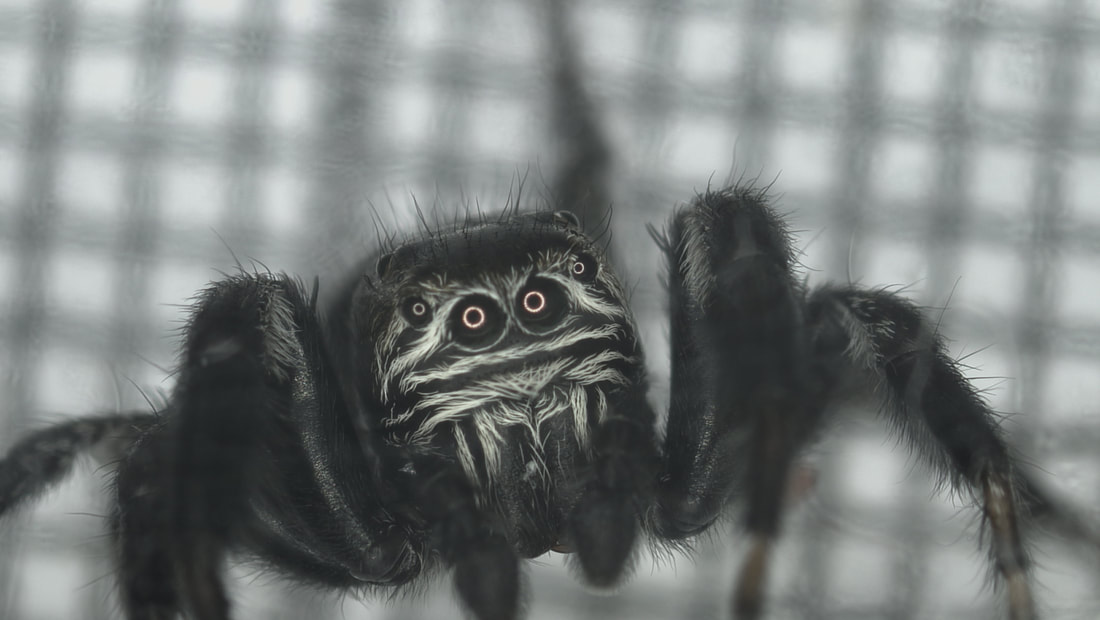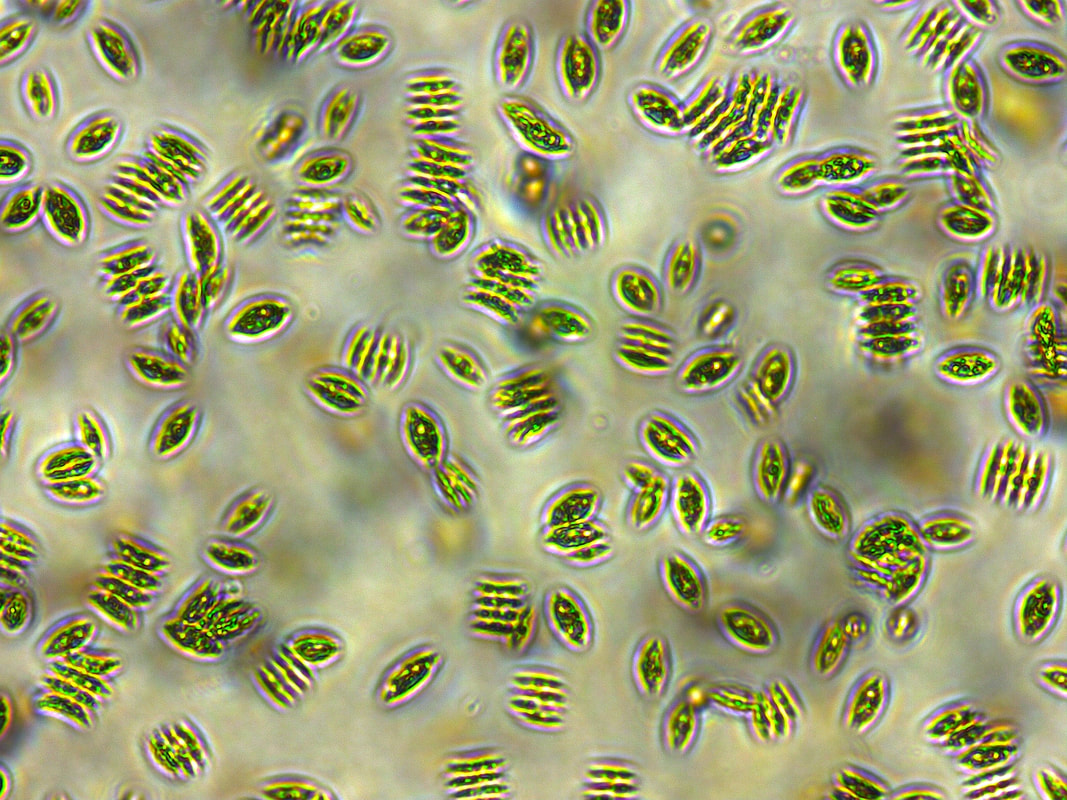Arthropod project
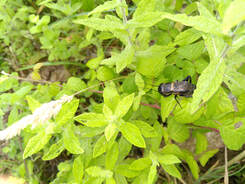
The current climatic crisis makes the understanding of its impacts on community functioning all the more urgent. Such an understanding is hampered by the complexity of species relationships. Predator-prey interactions are driven by consumptive and non-consumptive effects. Predators impact prey density through consumptive effects, but their mere presence can lead the prey to change their behaviour and physiology through non-consumptive effects. Such consumptive and non-consumptive effects are key to community dynamics and can be altered by climate. Climate change can increase predator metabolism and energetic demands, and thus their consumption rate. This can in return change prey behaviour and physiology in presence of predators and thus affect their population dynamics. Despite their well-demonstrated importance in ecology and evolution, non-consumptive effects are often ignored when making predictions about future biodiversity.
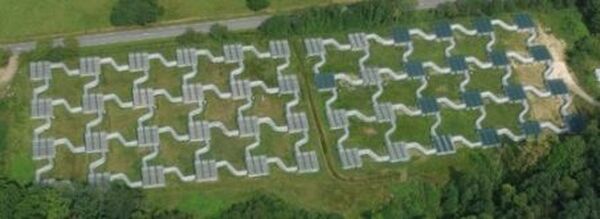
Through experiments on terrestrial arthropods, we aim at understanding how changes in consumptive and non-consumptive effects of predators on prey can contribute to the impacts of climate change on biodiversity. We work at the Metatron, an experimental system composed of 48 interconnected semi-natural enclosures in which climatic conditions can be manipulated. We take advantage of a long-term warming experiment on the adaptation of common lizards to warmer climates has been running since 2015 to study the adaptation of other components of the ecosystem, namely terrestrial arthropods.
|
We aim at (1) understanding how adaptation to warmer climates affect predator and prey thermal physiology in terrestrial arthropods, (2) understanding the impacts of such adaptation on consumptive and non-consumptive effects, and (3) understanding the impacts of climate on the functioning of more complex communities through changes in consumptive and non-consumptive predator-prey interactions.
|
Funding: ANR CLIMPREDPREY (Climate change impacts on predator-prey relationships).
Collaborators: Nicolas Mouret (PhD student), Laura Kouyoumdjian (technician), Julien Cote, Delphine Legrand.
Collaborators: Nicolas Mouret (PhD student), Laura Kouyoumdjian (technician), Julien Cote, Delphine Legrand.
Phytoplankton projects
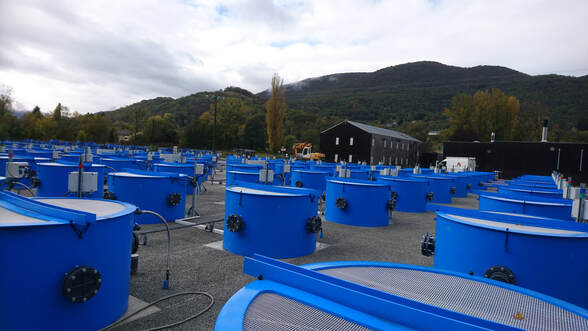
Climate change and habitat fragmentation are the largest threats to ecosystem globally. However, not all species are expected to respond equally, leading to widespread changes in community composition and ecosystem functioning. Working as a postdoc with José Montoya at the Station d’Ecologie Théorique et Expérimentale, I aimed at better understanding the role of climatic warming and habitat fragmentation on biodiversity, community dynamics and ecosystem functioning in multitrophic freshwater communities. We used the Aquatron, an experimental system composed of connected ponds in which temperature can be manipulated, to understand how phytoplankton and zooplankton communities respond to long term warming and fragmentation treatments.
|
At Exeter University, I worked as a postdoc with Gabriel Yvon-Durocher and Samraat Pawar to develop laboratory experiments with a wide range of freshwater phytoplankton taxa to characterize the physiological traits (e.g. thermal dependency of growth, photosynthesis and respiration) favouring competitive abilities in a warming climate.
I also collaborated with Elisa Schaum to better understand how evolutionary history to shape species responses to climate change. |
Lizard project
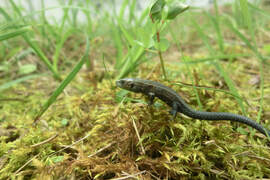
My work with Julien Cote focused on the impacts of climate change on the common lizard Zootoca vivipara, both at the population level – impact of temperature on lizard population and metapopulation dynamics and persistence – and at the individual level – how individual phenotype plays a role in adaptation to climatic conditions.
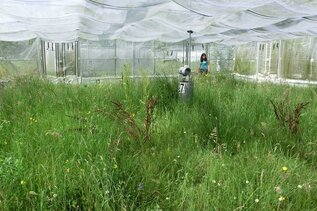
We worked at the Metatron, and created several lizard populations in enclosures differing for their temperature. We monitored lizard life history (dispersal, survival, growth and reproduction) and we quantified populations' phenotypic variation (melanism, preferred temperatures). We aimed at understanding the influence of dispersal, selection and plasticity on adaptation to climate change. We further studied how climate change affected lizards’ interactions with other components of the community. We particularly studied how warmer climates affected their diet, as well as their gut microbiota.
Other projects
Other interests include the impacts of predation risk on lizard behaviour and phenotype. Specifically I worked on the maternal effects of predation risk on offspring phenotype and dispersal. Collaborations include a work on the non consumptive impacts of top predator cues on four-level food webs.
I also studied both dispersal and the consequences of habitat fragmentation through several review articles, with specific collaborations with Delphine Legrand, Julien Cote and Staffan Jacob.
Finally on the modelling side I developed a project with Robin Aguilee, Julien Cote and Felix Pellerin, on the impact of phenotype- and condition-dependent dispersal on climate-driven range shifts. A past work with Jean Clobert and Sylvain Moulherat focused on the development of an individual-based model of metapopulation dynamics integrating dispersal in an explicit landscape to serve as a flexible platform for Population Viability Analysis.
I also studied both dispersal and the consequences of habitat fragmentation through several review articles, with specific collaborations with Delphine Legrand, Julien Cote and Staffan Jacob.
Finally on the modelling side I developed a project with Robin Aguilee, Julien Cote and Felix Pellerin, on the impact of phenotype- and condition-dependent dispersal on climate-driven range shifts. A past work with Jean Clobert and Sylvain Moulherat focused on the development of an individual-based model of metapopulation dynamics integrating dispersal in an explicit landscape to serve as a flexible platform for Population Viability Analysis.
Keywords
climate change – population dynamics – dispersal – metapopulations – predation risk – non-consumptive effects – communities – thermal physiology – habitat fragmentation – personality – maternal effects – lizards – phytoplankton – arhtropods
